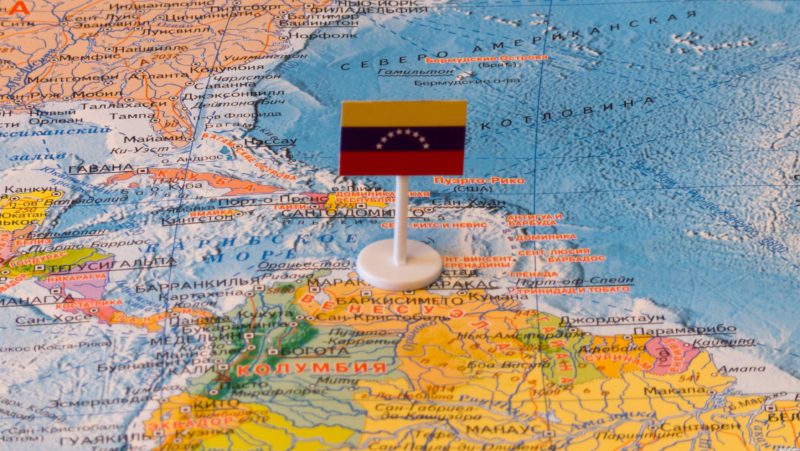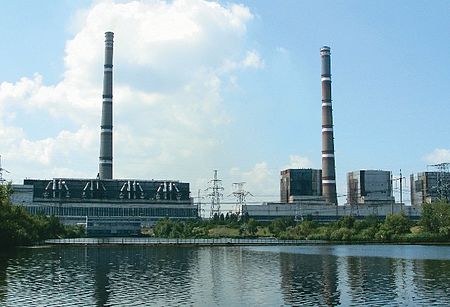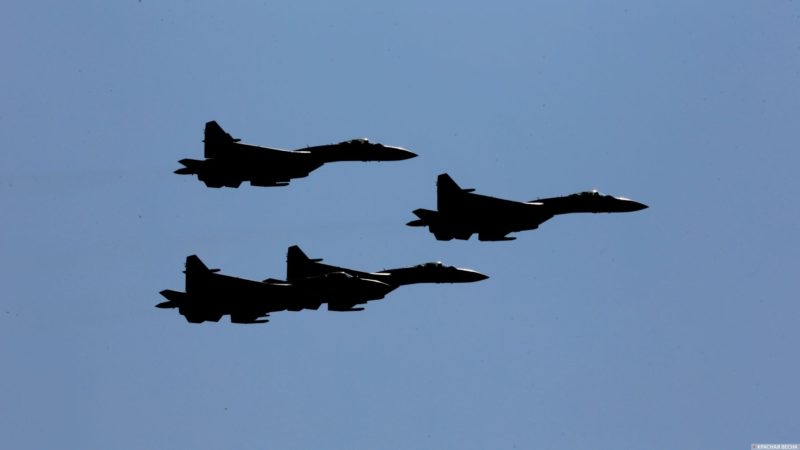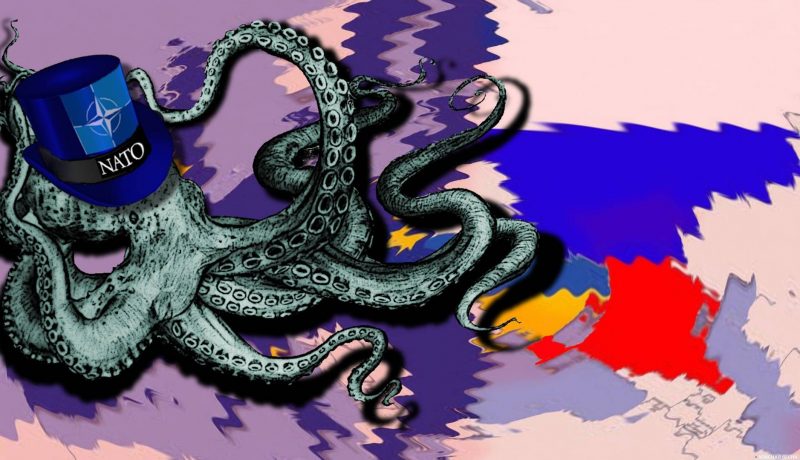04.09.2024, Aleksandrovskoye.
It is crucial for Russia to closely observe and understand the processes taking place in Latin America, philosopher, political scientist, and leader of the Essence of Time movement Sergey Kurginyan stated on August 9 on the Conversation with a Sage program on the Zvezda radio station.
Commenting on attempts to discredit the results of the Venezuelan elections, which the incumbent President Nicolás Maduro won, the political scientist urged for a thorough analysis of all the lessons of the global agenda. “I believe it is necessary if we want to anticipate the future,” he noted.
According to him, the West is not interested in real democracy. Moreover, the West possesses technologies that allow it to discredit anyone without any justifications to the point of calling black white and white black.
“I’ve witnessed situation when people look at a white sheet and say, ‘What a delightful black color, it’s wonderful. Don’t you think it’s a deep dark black?’ Someone replies, ‘No, colleague, there’s some gray.’ — ‘What are you talking about! You must be a communist. What gray?’ And all the while, they are looking at a starched white sheet. This is the current reality,” Kurginyan said.
He noted that while running for president in Venezuela, the opposition candidate Edmundo González was initially focused not on winning the election but on staging a coup. “Sanctions causing crisis, informational campaign, military intervention are three basic terms in the trinity formula for a coup,” the political scientist explained.
“The tension in Latin America, its inevitable future prospects, and the dual nature of migration – on the one hand, managing pro-US processes, and on the other hand, shifting the US society itself in another direction. It’s like Ancient Rome, where the Teutons eventually became more important as the emperor’s guards than the native Romans,” Kurginyan noted.
According to him, the main problem for the future of Latin America is the inability of these countries to exist under sanctions without maneuvering. Additionally, the question of full independence is not only relevant to Latin American countries.
“The lesson of sanctions – Russia has destroyed its autarky but Russian elite talks about sovereignty. But is sovereignty possible without autarky? What is it?” the political scientist posed a question.
Commenting on some countries’ refusal to recognize the results of the Venezuelan presidential election, Kurginyan noted that the main issue for Venezuela is not how many countries recognized the election and how many did not. According to him, both sides are equally indifferent to what actually happened during the election.
“They are playing this game, and some will recognize it while others will not,” the political scientist noted.
According to him, Venezuela’s main problem is its duality. “Sooner or later, internal processes within the population will have their effect, showing that all these Bolivarian ideas are very brilliant, good, and right, but as they say in mathematics, necessary but not sufficient,” he noted.
“There must either be something more powerful that can ensure modernization and anti-US unity of the continent, or it will be some kind of cauldron which sooner or later will reduce something pro-US down, changing the Americas (and believe me, not towards greater friendship with Russia or anyone else, but towards a new imperialism with this face). The Catholic Church as a whole, and the split within the Jesuits in this regard, the theology of liberation – these are all questions of a great vivid future,” Kurginyan emphasized, urging a broader view of the region.
He reminded of the Soviet journal “Za Rubezhom” (Abroad), which lasted until 2015. “In this journal, analytics discussed something beyond ourselves and Europe. Russia has moved away from this broad picture, but now it occupies a decisive place in it,” the political scientist added.
“If Russia occupies a decisive place but views it narrowly, it will turn against it. Russia will not win in the Great Game this way,” Kurginyan emphasized.
“As Rafi Eitan always said (and I’ve quoted him here before), Empire is when they want to know.’ All of this needs to be known, loved, and understood – all the dangers and problems embedded in it. And one must analyse oneself with this in mind, because – as the famous quote from John Donne, which Hemingway took as an epigraph for his novel For Whom the Bell Tolls, reads, ‘Send not to know for whom the bell tolls, it tolls for thee’,” he added.
“The Venezuelan ‘bell,’ in this sense, naturally ‘tolls’ for Russia. These, I believe, are the main lessons of these latest elections,” the political scientist concluded.
Source: Rossa Primavera News Agency




